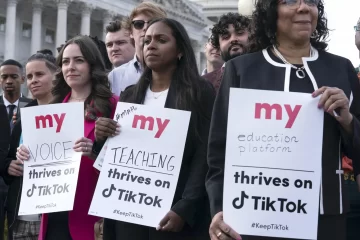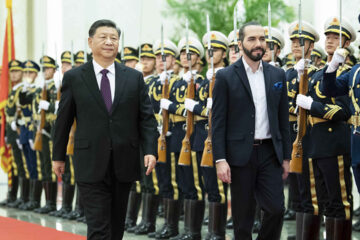
It has been over a week since the parliamentary elections in Poland, and the citizens started to vehemently engage with the public debate on what to expect. After 8 years, it is now the end of the Civic Platform (PO) government. The Law and Justice Party (PiS) has won with 37.58 per cent support. It is the first time in democratic Poland that a single party will govern without any need to form a coalition, and the first time since 1989 that the Left wing party is not included in the parliamentary conversation.
On the 24th May 2015 Andrzej Duda, up to then a member of the Law and Justice Party (PiS), was elected Polish President. Two days later, he resigned from the party to ensure impartiality in his next steps in the new journey.
This is an outcome which leaves everyone in suspense about the new regulations and changes in the country to come.
Opinions are divided. Some argue that now that the PiS will be governing alone, and in light of its considerable support from the Catholic Church, Poland will see the emergence of a strictly religious state. Others argue that the party and its leader Jarosław Kaczyński have been elected due to growing dissatisfaction with the previous governmental rule. They hope for a change of the current ‘establishment’ altogether. Indeed, Kaczyński is famous (or infamous) for his previous work- particularly on the IV RP (the Fourth Polish Republic) with its aim to instigate a moral and political revolution which never came into being.
In addition, the President has recently vetoed constitutions which spark more heated discussions between various actors on this political stage. The constitution on gender which would allow homosexual marriage and freedom of choice and expression regarding own gender (change) has been abolished, with the President’s office claiming, “it’s full of gaps and inconsistencies”. The uncertainty around the President and victorious party’s position regarding the refugee crisis, sexual minorities or religiosity causes difficulties when predicting whether the current image of Polish politics will be maintained. It is worth noting that President Andrzej Duda has recently signed the amendment on formed associations which raises hopes about a considerable growth of the third sector.
Nevertheless, the emerging reality shows little hope for the Left wing and arguably rigid focus on tradition, religion and independent actions.
In the current state of affairs will Poland and its newly elected representatives be balancing on a dangerously thin line to ‘get away with’ their own way? Alongside the migration crisis it might prove myopic in the dialogue with other nation-states as well as intergovernmental organisations. Is Poland now postponing the inevitable international consensus or is it planning something completely different we cannot foresee at this stage?
Written by Marta Kozielska
Marta is currently a 2nd year BSc Social Anthropology at LSE. She is interested in social inequality and international affairs.


